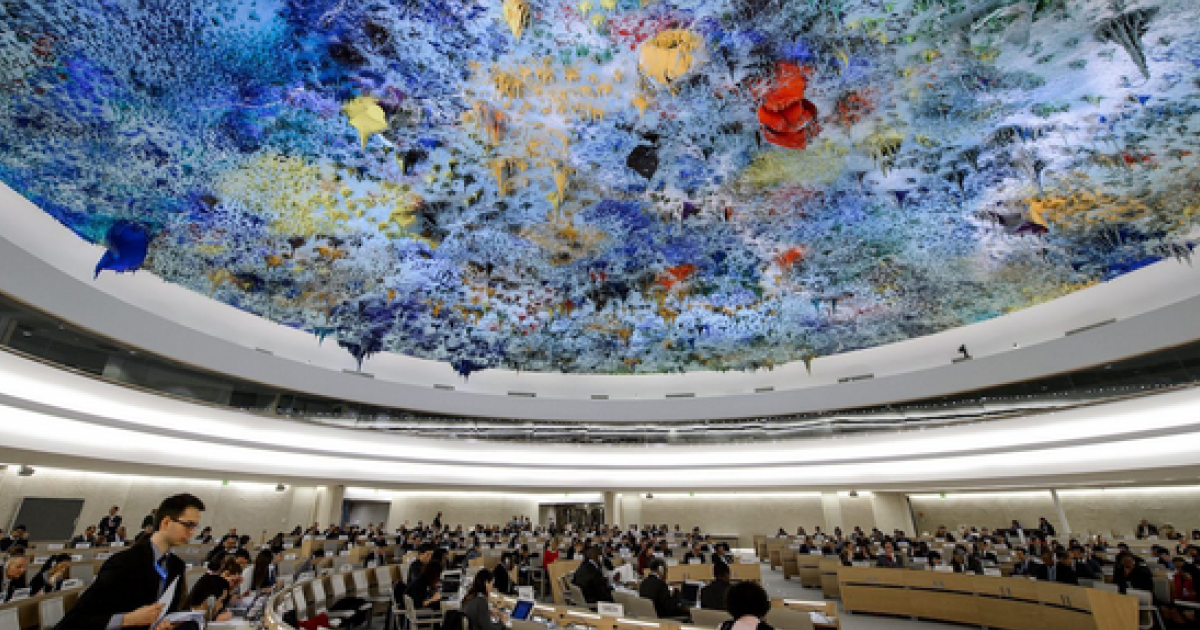Item 3: General debate
Oral statement
Delivered by: Estella Kabachwezi
Mr. President,
In December 2018, DefendDefenders published a report on marginalised human rights defenders (HRDs) in East Africa. The report covers the situation of indigenous, women, and LGBT+ HRDs in Uganda, Kenya and Tanzania, and outlines recommendations to improve their protection and address their needs. Many of these defenders face multifaceted threats, as well as disenfranchisement, with intersecting forms of discrimination.
We welcome the work of the Human Rights Council to recognise and protect HRDs. We regret, however, that hostile amendments were tabled (and ultimately rejected) in March 2016, when the last substantive resolution on HRDs, which addressed economic, social and cultural rights defenders, was adopted. This issue should produce consensual outcomes, as an open civic space and a safe and enabling environment in which HRDs can operate free from hindrance and insecurity are key both to the realisation of substantive rights and to development. The Sustainable Development Goals (SDGs) and the Agenda 2030 cannot be achieved without meaningful participation of, and respect for, civil society and HRDs. Development and respect for human rights are not mutually exclusive; but rather go hand in hand.
At this session, we call for the adoption of a strong, substantive resolution on environmental human rights defenders, which recognises the multiple threats they face and the legitimacy of their work, highlights their protection needs, and stresses the nexus between environmental rights, environmental defenders, and civic space.
Thank you for your attention.

